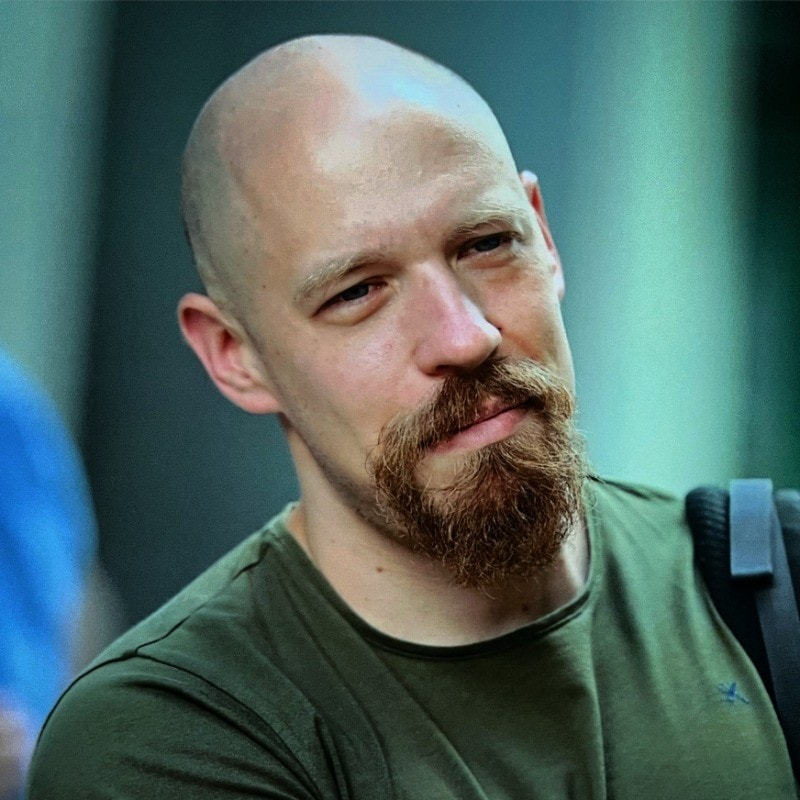Leland Sklar, session bassist who has a pretty extensive body of work, recently sat down with Rick Beato for an interview where he discussed his career. As Sklar explained during the chat, there are plenty of aspects of being a session musician that music listeners may not be aware of.
One of the things that Leland reflected on was how a band that’s working like a well-oiled machine might often be underestimated by listeners. He explained (transcribed by Killer Guitar Rigs):
“That’s why the sad part of doing music is calling it ‘playing.’ Because people have that interpretation, ‘It’s just a bunch of guys having fun!’ They don’t realize how much history has gone in to make it look easy and fun.”
“And that’s a hard part in this business now too where you’ll come in and do a session and you can knock something off. I mean, you’re really pushing it hard to like make it last an hour. But you’re charging them a session for three hours. And they go ‘Well, it only took you an hour.’ Only took me 50 years to make it happen in an hour.”
While discussing this, Sklar also reflected on how he had to change his approach as a session musician. In fact, as he remembered this one particular occasion, he ended up getting less money because he did the job on time:
“I did a project for a guy some years back. And this really made me rethink things where he said, ‘I’m on a tight budget, I got nine tracks, got no charts for anything, and we’ve got four hours. Can you do it?’ So I came in, I wrote my charts, I did the thing, got all nine tracks done, he was thrilled.”
“They had three tracks left, and then went to England to cut those three tracks. And Pino [Palladino] played on those. He was one of my favorite bass players in the world. But he doesn’t read or anything. So it took three days for them to do that. So he got paid for three days work and I got paid for four hours. [Laughs]”
“And I just kind of went, ‘I really have to start rethinking this.’ Because to me, I’m a first- or second-take person unless something’s incredibly complicated.”
As Sklar then also added, he usually does the best job with the first or second take:
“The first take or two, you’re completely in the zone of the song. And that’s where I want to be, but it gets done like that.”
Rick Beato then asked Sklar if he could just lie about being able to read music. He then replied:
“Been around too long, the word’s out.”
Going more into the matter, he then also recalled an incredibly challenging piece of music he worked on for a high-budget film:
“I did a great thing… We did a movie called ‘Hollywood Homicide’ with Harrison Ford. And there was a chase sequence in it. And I opened up the chart and it’s six or seven pages long that started incredibly fast and then got faster and faster. It’s all 16 notes, tempo changes… Everything imaginable on this thing and I’m just sweating bullets going, ‘Oh God.’ They went to lunch and I said, ‘I’ll skip lunch.’ I stayed on work on this.”
“And Kenny Wild who’s also a great bass player in LA, was playing upright on it, and as he walked by me, he said, ‘Better you than me.’ And they all went until lunch and when they came back, I got it. And then I had the composer sign it. [Laughs] He wrote ‘I’m so sorry.’ [Laughs]
When Rick Beato then asked him if he’s like a “plumber,” meaning that he’s just a guy for hire who has to get the job done pretty fast, Sklar gave a more detailed explanation, revealing that it’s all about being familiar with different styles of music. And, of course, that’s a great challenge on its own, especially knowing that session musicians don’t even have an idea what they’ll be doing before they get into the studio:
“As a studio player… First off — 90% of the time, you have no idea what you’re being called for. So you walk in the door and it could be a reggae date, it could be a Polka, it could be shred metal. I’ve done like, walked in, and it’s like Japanese anime stuff, which is incredibly intense. You just don’t know.”
“So you really have to have… You may not be the best at any one of those. But you’ve got to have this bag of tricks that you can pull out and have a semblance. I mean, I’m not Robbie Shakespeare in ‘Dunbar.'”
“I mean, when they say ‘Let’s do some reggae,’ but I know enough about reggae, or I can bullshit a reggae part. Because the record’s not being cut there, it’s bullshit anyway. [Laughs] But it’s one of these things… That’s been the thing I’ve loved the most about this business. For me, it’s the challenge every day of having to face some new challenge when you walk in.”
One of the important things that Sklar also pointed out an important difference between being a band guy and a session guy:
“And I’ve also told people… When I do clinics and stuff, I said, if you’re in a band, and you get in the studio, and it’s not working out, we go, ‘Let’s go get a pizza, see a movie, we’ll come back tomorrow.'”
“When we go in, you don’t have that option. It’s expensive. It’s maybe that artist’s only shot, you have to come up with the goods that day. And there’s a stress level to that, that people don’t really understand. But everybody that gets called for those is really working at the top of their game.”
Photos: Magnushk (Leland Sklar August 2007), John Naclerio (3rd Nada Recording Studio)


